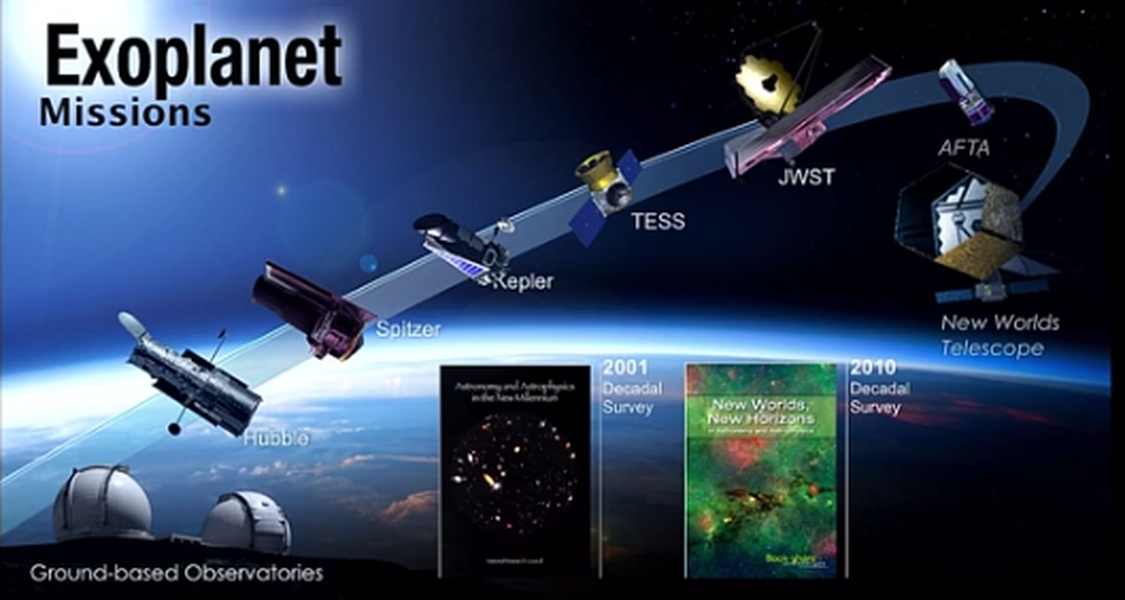NASA: We will find alien life within 20 years


A free daily email with the biggest news stories of the day – and the best features from TheWeek.com
You are now subscribed
Your newsletter sign-up was successful
At NASA's Washington headquarters on Monday, a panel of space program scientists announced their estimation that humans will find extraterrestrial life within 20 years, going as far as to say that the estimate is a "conservative" one.
NASA outlined its plan to search for alien life and said it would launch the Transiting Exoplanet Surveying Satellite in 2017. The agency predicts that as many as 100 million worlds in the Milky Way galaxy may be home to alien life.
"Just imagine the moment when we find potential signatures of life," Matt Mountain, director of the Space Telescope Science Institute in Baltimore, said at the announcement. "Imagine the moment when the world wakes up and the human race realizes that its long loneliness in time and space may be over — the possibility we're no longer alone in the universe."
The Week
Escape your echo chamber. Get the facts behind the news, plus analysis from multiple perspectives.

Sign up for The Week's Free Newsletters
From our morning news briefing to a weekly Good News Newsletter, get the best of The Week delivered directly to your inbox.
From our morning news briefing to a weekly Good News Newsletter, get the best of The Week delivered directly to your inbox.
NASA astronomer Kevin Hand seconded Mountain's opinion, saying that within the next 20 years, "we will find out we are not alone in the universe," suggesting that extraterrestrial life may exist on Jupiter's moon Europa. The scientists at the panel said NASA's efforts are focusing on finding alien life on planets or stars outside the Earth's solar system.
For more detail about NASA's current projects and search for alien life, watch the video of Monday's panel below. --Meghan DeMaria

A free daily email with the biggest news stories of the day – and the best features from TheWeek.com
Meghan DeMaria is a staff writer at TheWeek.com. She has previously worked for USA Today and Marie Claire.
